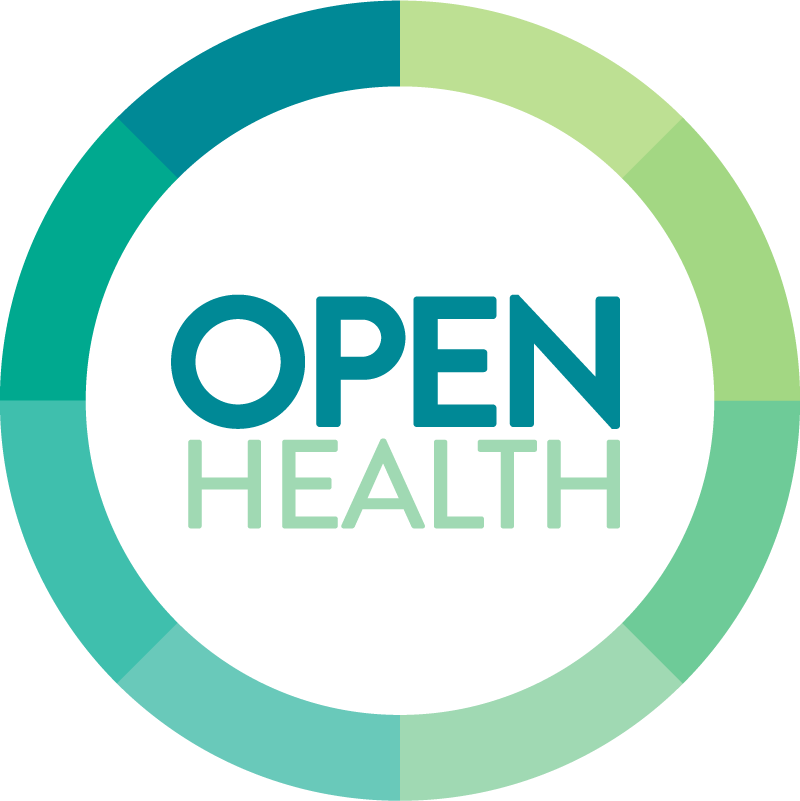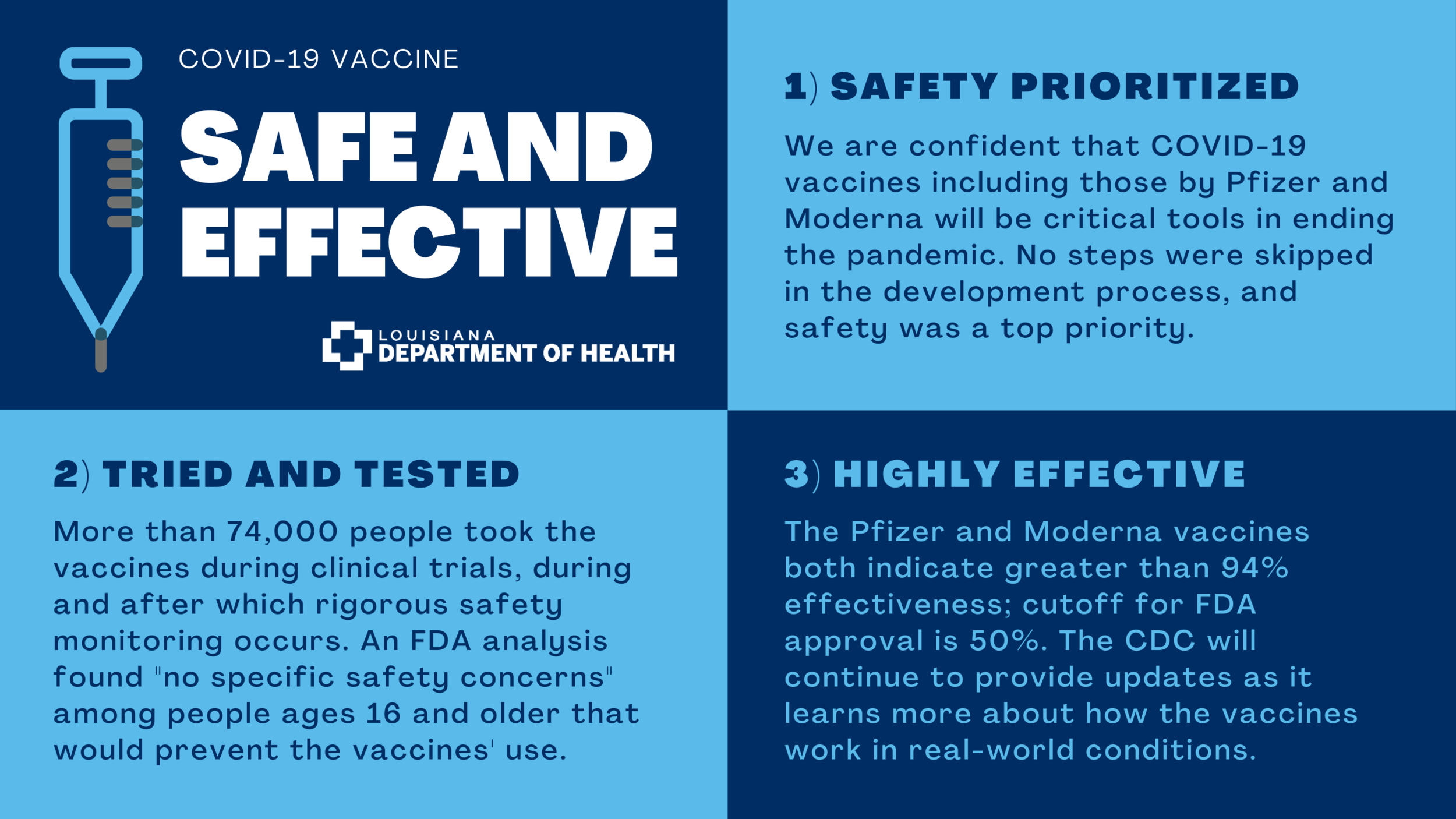Pride Month & Men’s Health Month
Allan Edmunds, FNP-C
Men's health is particularly relevant in June because it's Men's Health Month and Gay Pride month. What better time than now to highlight the need for men to see a medical provider for their primary and sexual health care needs. As a Federally Qualified Health Center, Open Health's HAART Clinic offers an array of specialized services to our patients, including wellness visits, PReP/PEP, Hepatitis C treatment, HIV testing, and more.
LGBTQ+ Health
Recent studies have shown that "most LGBTQ patients want to be able to share their sexual orientation or gender identity with their healthcare provider but are often reluctant to open up because they fear they may be treated badly or even refused care." Open Health wants to change that. We aim to create an inclusive and culturally sensitive environment to reduce the stigma that LGBTQ patients experience. We strive to provide affordable, quality health care guided by our core values of commitment, compassion, diversity, integrity, and quality. We encourage all men—gay, straight, bisexual, and transgender—to see us for their annual medical visits as well as their regular sexual health care and STD screenings.
Men's Overall Health
Congress also feels that men’s health is of national importance, passing a bill in 1994 declaring the week before Father’s Day as men’s health week. This year in celebration of Father’s Day on Sunday, June 20, we encourage everyone to wear blue in support of their father, husband, son, or brother. For all the mothers, sisters, daughters, wives, and friends, we want you to: Encourage him to get seen! The sad truth is that statistically, men die five years earlier than women. Men are also less likely to have health insurance, impacting a man’s ability to be involved fathers, supportive partners, and engaged community members. Fortunately, most of the reasons for men’s shorter and less healthy lives are preventable! Health prevention starts with men seeing a health care provider regularly. These doctor visits help establish a patient’s baseline blood pressure, weight, and health status, plus the provider can check for issues like prostate cancer, depression, high cholesterol, and heart disease. Men can catch potentially dangerous conditions early by receiving annual check-ups and screenings, especially when they are still treatable. If you are sexually active, STD screenings are also important at any age. Statistics show men and women over the age of 65 now represent an increasingly large proportion of the STDs reported annually in the USA.
How to observe National Men’s Health Month
Tweak your Diet
Men's Health Month is an excellent opportunity to change the way you eat. Cut back on alcohol this month or up your intake of healthy fermented foods like sauerkraut and kefir. You can do anything for a month, and if you do it for a month, you can do it for life!
Set some goals
Use this month to take control of your health now and think about where you want it to be. Do you want to lose weight? Gain muscle? Eat more vegetables. Set small and achievable goals and work with your doctor to make them a reality.
Get educated
Take this opportunity to read about the common health issues specific to men and how you can prevent yourself from getting hurt! Check out the CDC for information on health issues that men face.
Allan Edmunds, FNP-C
Resources:











